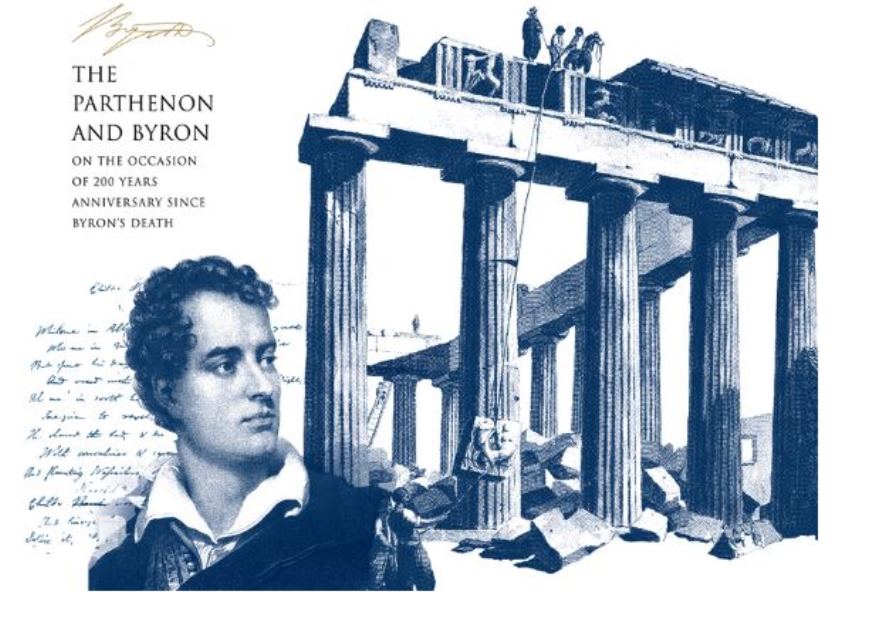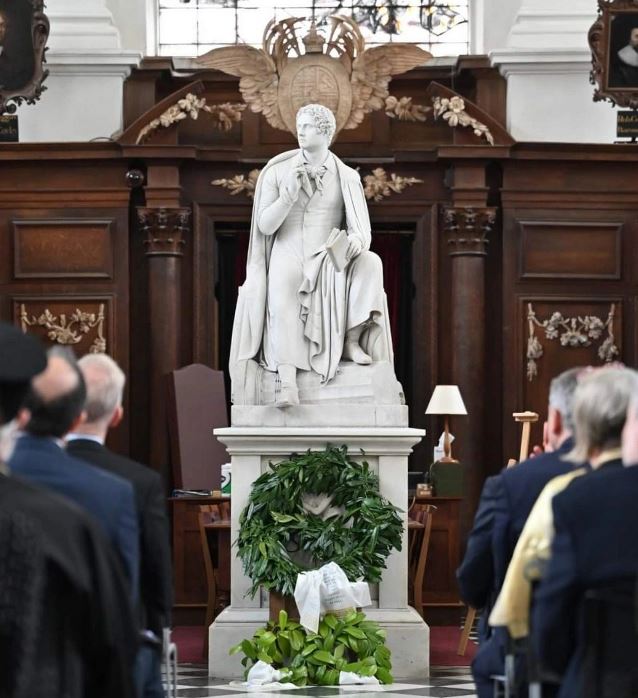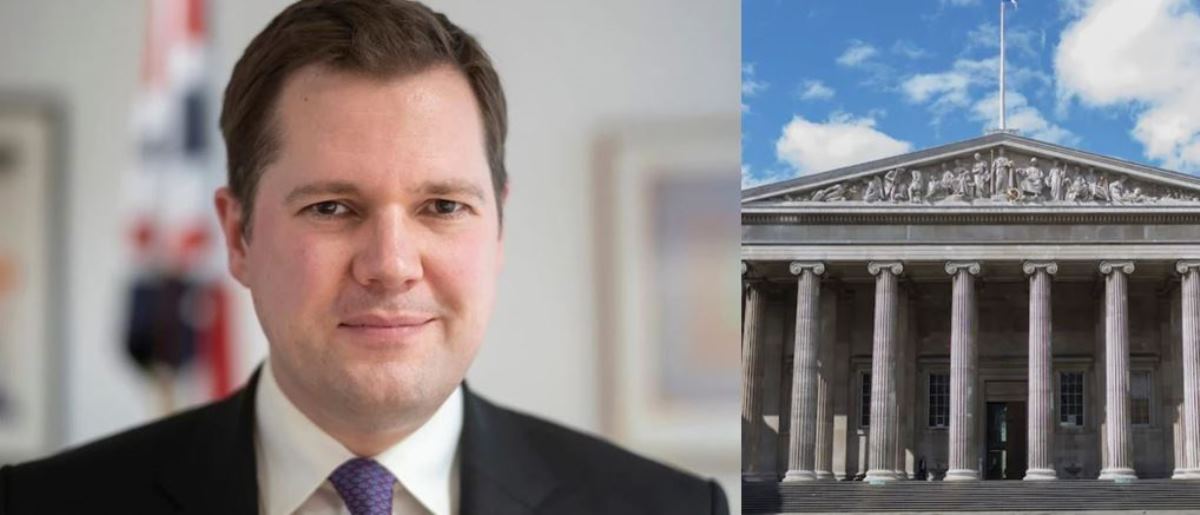Australian politician backs Greek battle for friezes
A senior Australian politician Tuesday backed Greece in its battle to force Britain to return the Elgin Marbles, priceless ancient Greek friezes held by the British Museum.
During the first ever visit to Australia by a Greek head of government, New South Wales Premier Morris Iemma told Prime Minister Kostas Karamanlis that it was time for London to relinquish the relics, also known as the Parthenon Marbles.
Iemma drew a parallel with the recent return by another London museum of the 19th century remains of a group of Tasmanian Aborigines.
"It is time they did the same for Greece and return the Parthenon Marble," Iemma said at a welcome luncheon held for Karamanlis who was beginning a five-day tour of Australia in Sydney. "I believe the Australian government must renew its efforts to persuade the British authorities to repatriate those unique treasures, and I pledge my government's support and the efforts of all Australians who are friends of Greece," said the leader of Australia's most populous state.
The Parthenon Marbles are friezes and other artifacts that were part of the structure of the ruined Athens landmark removed by Britain's ambassador to the Ottoman Empire, Thomas Bruce, seventh earl of Elgin, and taken to London in the early 19th century.
But the Greek government has since demanded the return of the items that it maintains were looted from one of the country's most iconic monuments to allow them to be put on display in Athens.
The British Museum has long argued that they should remain in London.
Karamanlis began the first full day of his historic visit to Australia by plunging back into his native culture when he attended a service at a Greek Orthodox church in Sydney.
After his welcome luncheon, he took a boat trip on the city's famed harbor before heading to a reception gathering Greek Australians.
Karamanlis will fly to the national capital Canberra Wednesday to meet with Australian Prime Minister John Howard.
Australia and Greece are expected to sign a bilateral agreement allowing Greek Australians returning to their homeland to claim an Australian pension.
Australia's second largest Australian city, Melbourne, which Karamanlis will visit Friday, is home to the third largest Greek-speaking population in the world after Athens and Thessaloniki.
Copyright © 2007 News World Communications, Inc. All rights reserved




